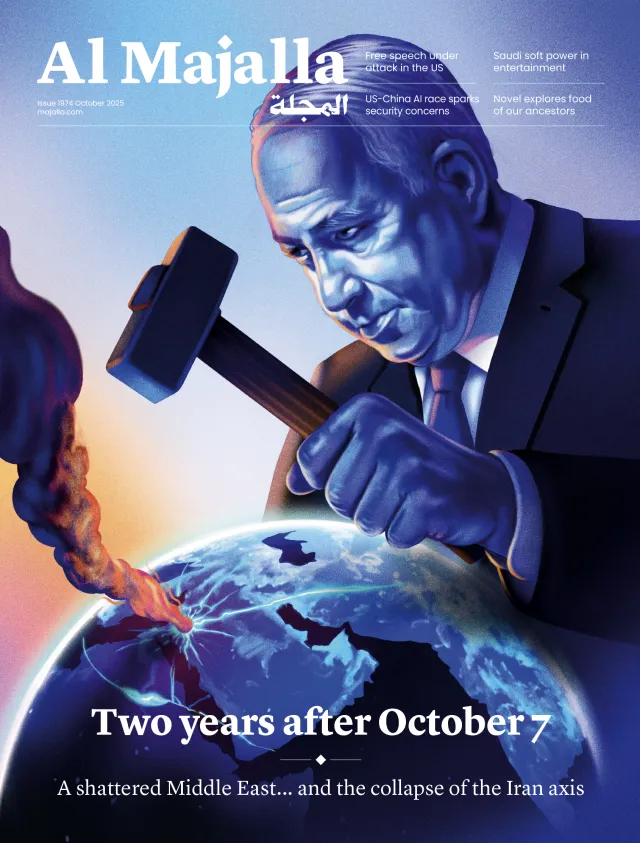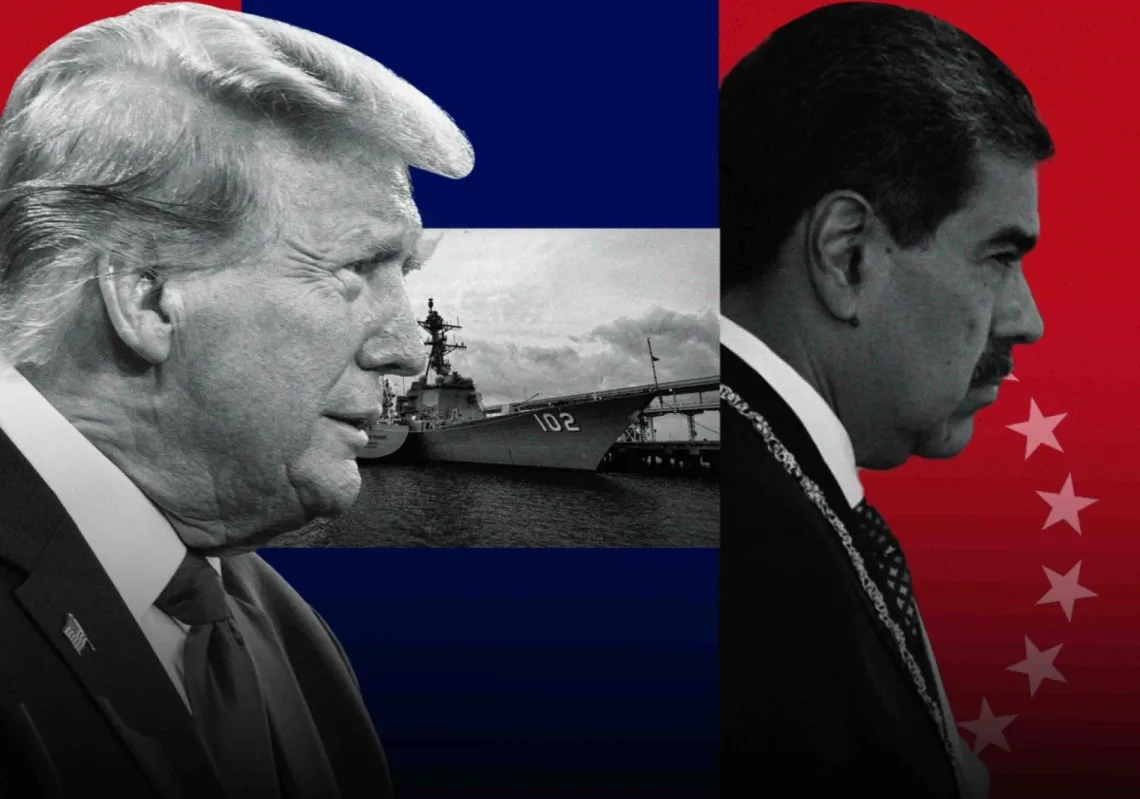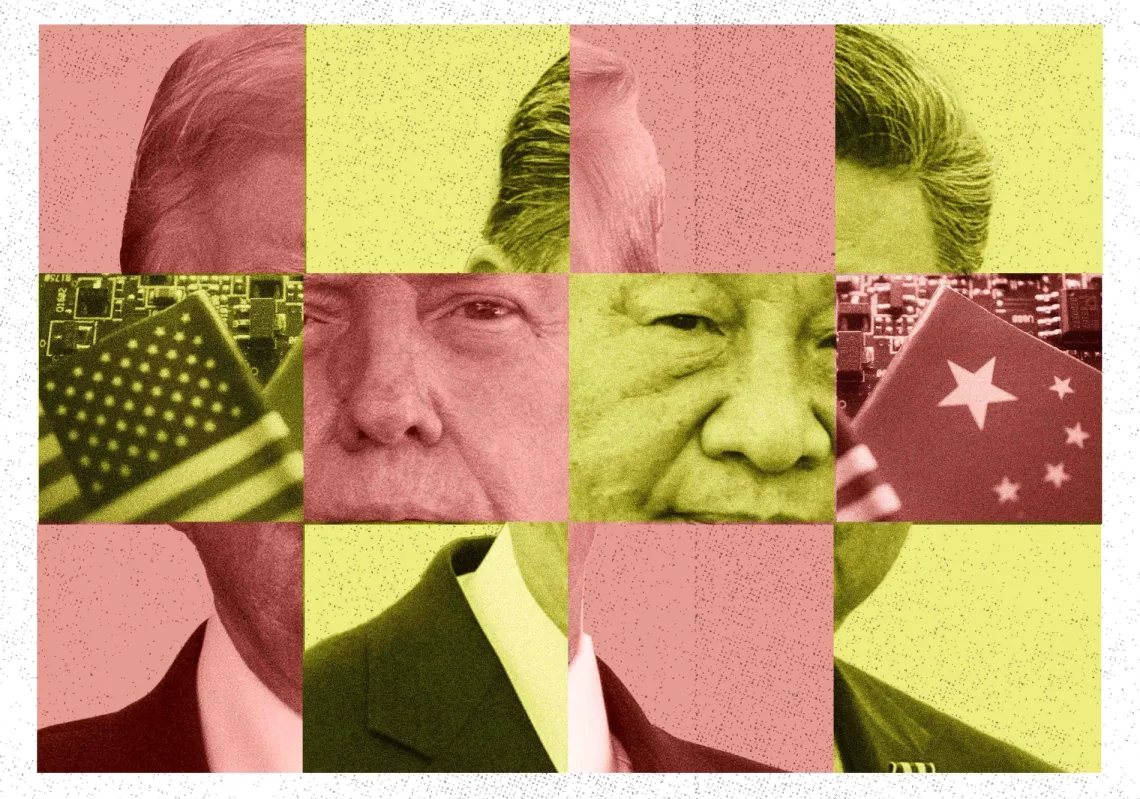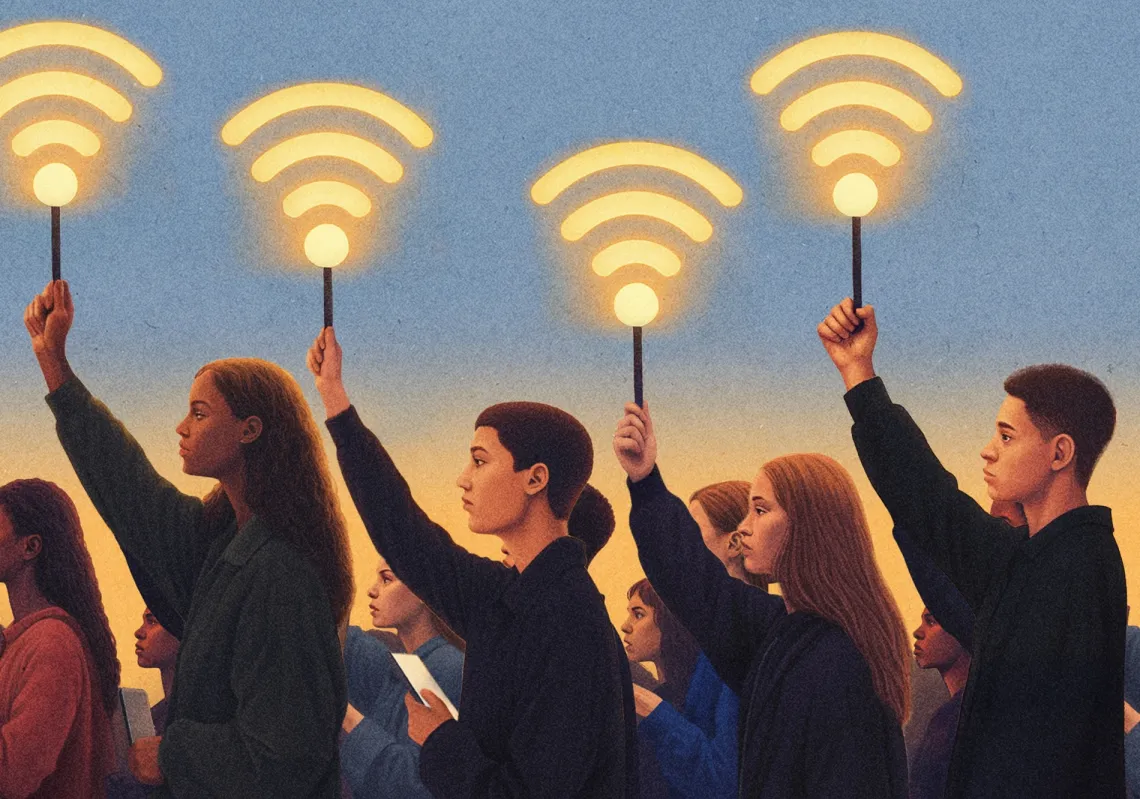Rashad Hussain, a second-generation Indian-American and Muslim, was born in Wyoming and raised in Texas. At a young age he became very interested in politics. As adolescents, he and his closest friend, Josh Goldberg, won the state debate championship. According to Goldberg, “we joked that one day we would have the solution to the peace process.”
Goldberg, a Jewish-American, knew from the onset that his relationship with Hussain was very unique. “Although we were just two teenagers from Texas, we knew that our relationship was an example of coexistence, and that it reinforced the importance of dialogue across religions, cultures and nations. Our partnership was living, breathing proof that what brings us together is far stronger than what tears us apart.”
Hussain completed his bachelor’s degree in philosophy and political science at the University of North Carolina and his master’s degree in Arabic and Islamic studies at Harvard University. He then obtained his law degree from Yale. In his early professional career Hussain gained important political experience by working as a legislative aide at the House Judiciary Committee. Thereafter he was employed as a law clerk at the US Court of Appeals, a trial attorney at the US Department of Justice, and in January 2009 was named deputy associate counsel to President Barack Obama.
Hussain made a positive impression on Obama from the outset by contributing valuable advice to the President’s June 2009 Cairo address. Eight months later, on 13 February 2010, Hussain was named US special envoy to the Organization of the Islamic Conference (OIC), a high-level forum of 57 Muslim-majority nations. He is only the second person to hold that position. After his appointment, Obama said, “as an accomplished lawyer and a close and trusted member of my White House staff, Rashad has played a key role in developing the partnerships I called for in Cairo. And, as a Hafiz of the Quran, he is a respected member of the American-Muslim community, and I thank him for carrying forward this important work.”
A central goal of the Obama government is to build a long-standing, positive relationship with the Muslim world. Obama believes this partnership must be based on mutual understanding, interest and trust. As Rashad Hussain recently stated “at a time when the United States is fighting two wars in Muslim nations and defending itself against an enduring terrorist threat, changing perceptions will take time. The challenge is to continue to communicate that this is a long-term process.”
Hussain believes that a joint effort is needed to improve ties between Muslim nations and the West. As he puts it, “a lot is made about American misperceptions of Muslim communities, but there are a lot of misperceptions that Muslim communities have about the United States. This is an area that must be improved through mutual effort and understanding. It is clear that we’re not going to agree on every single issue. Our job will be to try to maximize our areas of agreement and work through our areas of disagreement and come to the best policy.”
Domestically, Hussain has been heavily scrutinised for his critical comments in 2004 of the Bush regime´s handling of terrorism prosecutions. Many politicians have labeled him unpatriotic and even potentially dangerous. While watching the American media criticise Hussain, Josh Goldberg said, “television again gave me a front row seat to the politics of personal destruction. This time however it was different – it was not voyeuristic, watching someone whom I did not know become the latest casualty of the traveling carnival that is cable news. The target was a man I have known all of my adult life and whom I profoundly respect and admire. I watched this man, my good friend, as he was labeled a “jihadist”, “terrorist sympathizer”, “infiltrator” and worse. My reaction was incredulous to these absurd, outrageous and despicable claims.”
Although these attacks were launched by a small minority, Rashad Hussain still needs to prove his capability both to Americans and the Muslim community at large. As Sada Cumber, the former US Special Envoy to the OIC, recently stated, “Hussain will face the twin challenges of showing Muslims that Obama’s Cairo speech was more than flowery rhetoric while also demonstrating to the American public that the current administration’s emphasis on soft power is paying concrete dividends.”
Josh Goldberg believes that Hussain’s most respectable attributes are his strong “character and integrity”: he is a man of “public service, not personal gain.” Moreover, as Sada Cumber recently told me, “one thing I really respect about Ambassador Hussain is that he is a Hafiz. If you look at the Hafiz, they have genuine understanding of what the Quran says, they tend to be very tolerant , inclusive and pluralistic people , staying away from those who propagate theocracy in Islam. They understand that the Quran can be and is a blueprint for a religion of peace. In contrast, most so-called religious leaders espousing extremist Islam have a poor knowledge of the Quran.”
Rashad Hussain represents living proof that Islamic faith and modern Western values are entirely compatible. He is a strong-faithed Muslim and Quranic scholar and at the same time as “American as apple pie.” His wife also “breaks down many of the misperceptions of women in Islam” by balancing her strong Islamic beliefs and wearing of the hijab with her highly-educated status as a Yale law student.
Rashad Hussain’s story is a heartwarming one: he is a second-generation, Muslim-American who has overcome obstacles and risen to the top of the international stage. However, Hussain’s ability to appeal to those beyond his own borders and produce concrete results in a very diverse Muslim environment remain largely untested. The OIC-American partnership has produced many positive results in recent times, including stronger collaboration in reducing maternal mortality rates in Africa and greater recognition of the majority-Muslim nation of Kosovo. A new bridge has been formed. Yet, healing the scars of the past will take a dedicated, long-term, commitment from all parties involved. Now is the time to build on that momentum and further translate words into action.







